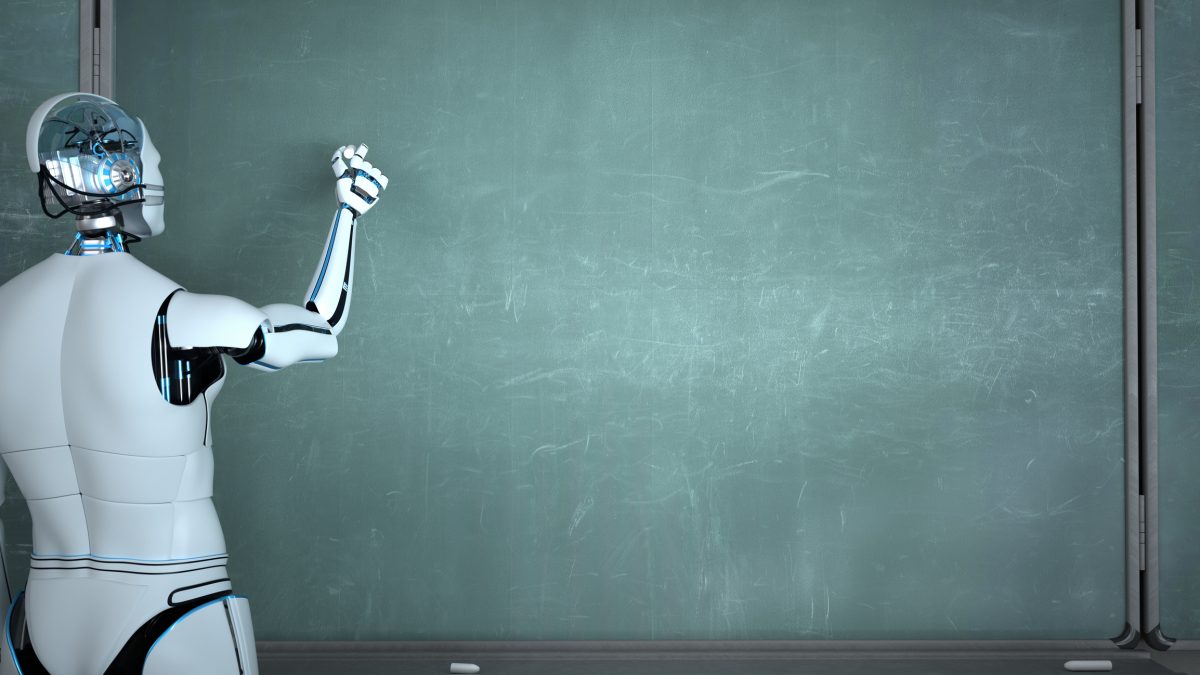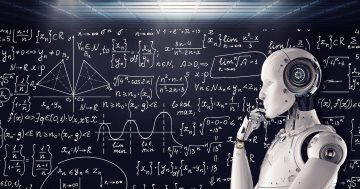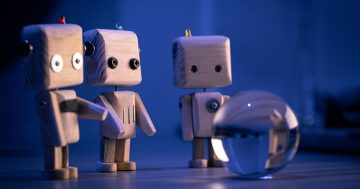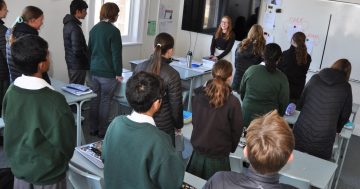
Technology can be a double-edged sword and the new AI tools are no different. Photo: File.
Technology has always promised great things for education, but when it comes down to what is really important, it has never been able to deliver or replace a good teacher.
Television was trumpeted as a learning tool, but its limitations became all too clear, and while YouTube videos might be helpful at times, they do not offer the kind of interactive experience required for true learning in a school context.
The computer age has opened Pandora’s box regarding information, but getting knowledge or even wisdom remains a human experience.
With the advent of artificial intelligence and the plethora of new applications promising to make a teacher’s life easier by relieving them of marking and admin duties or giving students their own personal assistants and chatbots for feedback, once again, tech companies are offering an education revolution.
Many people recognise that AI brings ethical and other challenges, along with opportunities.
A parliamentary committee has just announced an inquiry into AI’s current and future impacts on Australia’s early childhood education, schools and higher education sectors.
It wants to know how AI will improve educational outcomes and affect teaching practices, what risks it brings and how to manage them.
As usual, the question of disadvantage will be looked into, given these commercial products might be out of the reach of some schools and families.
Like all technology, AI can be a double-edged sword.
The digital communications revolution and the internet have put vast masses of information at students’ fingertips and enhanced remote learning, destroying the tyranny of distance and democratising knowledge.
A typical classroom is now lit up by an electronic whiteboard and is full of tablets, although many schools are now telling students to leave their distracting mobile phones at the door.
The combination of electronic calculators and Google bring instant answers, but like television, digital media can be so seductive that it can undermine real learning.
Talk to teachers about digital sources and they will mention the sheer weight of information that they wrestle with and the rabbit holes their students can disappear down.
Online learning has taken off in universities, providing access and flexibility but at the cost of what was integral to a tertiary education – the human interaction and exchange of ideas.
One mathematics AI tool can recognise equations from images and return the solution, presenting a detailed step-by-step solution, including explanations and interactive graphs.
That might be fine for the self-motivated, but where does that leave others who rely on actual teachers, whose roles these sorts of applications erode?
The promise is that AI will provide personalised learning, make education more accessible for those with disabilities, enhance lessons and prevent teacher fatigue.
If it all sounds too good to be true, then that’s because it probably is.
It should be remembered that tech companies are in the business of creating and selling products, some of which will be useful while others will not.
The impact of digital technologies is still being understood, but research points to detrimental effects on young brains from constant exposure to their devices from an early age.
The age appropriateness of digital devices has never really been questioned in a society that has so readily accepted new technology.
This next leap forward into AI takes technology impacts to another level posing all kinds of threats that were the province of science fiction but which many, even in the computing field, are seriously worried about.
The usurping of human decision-making and initiative, an increasing dependency on machines and the destruction of jobs are just some of the concerns.
It is a timely inquiry and committee members should approach the subject with open minds and open eyes.
But if anything, the more technology becomes a part of our lives and schools, the more important should be the role of teachers because at the heart of real education is the human spirit, imagination and creativity, something AI cannot replicate, no matter what its proponents may think.





















